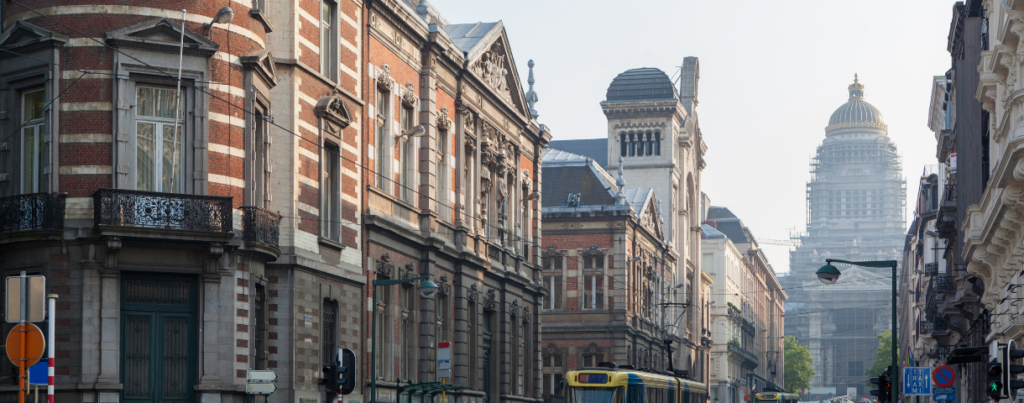Over the past three years, Brussels has seen a remarkable transformation in the quality of life as a result of implementing a 30 km/h speed limit across the city. Regular speed measurements at 80 locations since November 2020 have demonstrated a significant drop in average speed, indicating a growing adherence to speed limits by motorists. Brussels Mobility Minister Elke Van den Brandt attributes this positive change to the collective efforts of residents, resulting in a quieter and more pleasant city.
The 30 km/h speed limit, instituted on January 1, 2021, has not only led to a decrease in average speed but has also translated into tangible improvements in the daily lives of Brussels residents. The city has experienced fewer accidents, reduced casualties, and a noteworthy decline in noise pollution. Even on roads where speed limits remained unchanged, positive effects have been observed, marking a citywide shift toward a more tranquil and livable environment.
Comparing figures for the first three quarters of 2023 with previous years highlights a positive impact on both the number and severity of accidents. Pedestrians, car occupants, cyclists, and e-scooter users have all benefited from fewer injuries, contributing to an overall enhancement of safety on the city’s streets.
One of the most notable achievements is the substantial reduction in traffic noise pollution. By lowering the speed limit from 50 km/h to 30 km/h, noise levels have been cut by more than half in some areas. Measurements by Brussels Environment reveal a decrease of between 1.5 to 4.8 dB(A), depending on factors such as time of day, location, type of traffic, and road surface. This reduction not only creates a quieter city but also directly impacts the health and well-being of residents.
With noise pollution being identified as the second most significant environmental cause of illness, after air quality, Brussels’ commitment to addressing this issue is commendable. The positive impact on public health is substantial, as excessive noise exposure can lead to various health problems, including insomnia, hearing issues, learning difficulties, concentration problems, and increased cardiovascular risks.
In light of these improvements, Brussels plans to further focus on enforcing speed limits to sustain the positive changes. The installation of 14 additional speed cameras in key locations is part of this ongoing effort, ensuring that the benefits in terms of safety, reduced accidents, and enhanced quality of life continue to be realized across the city.




